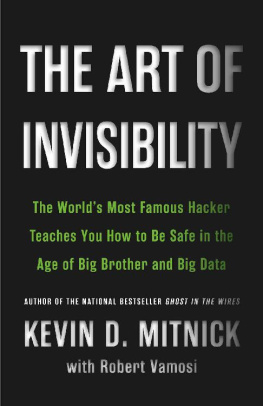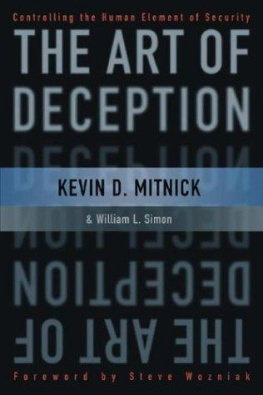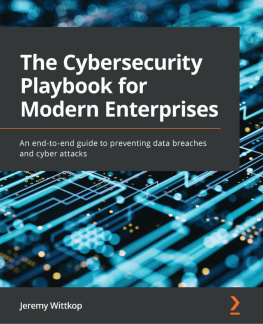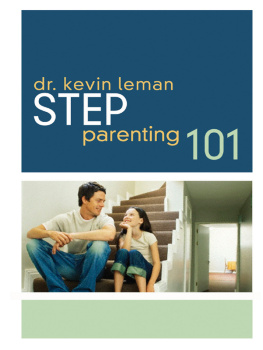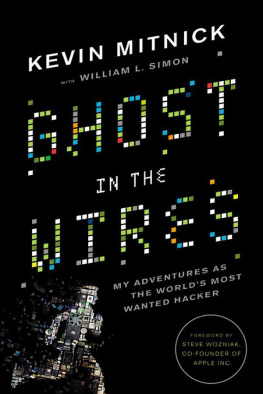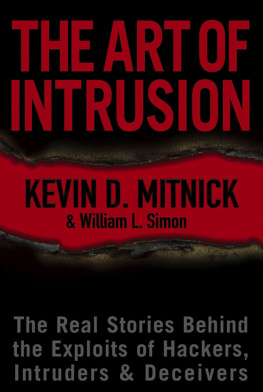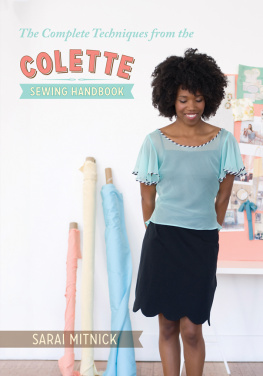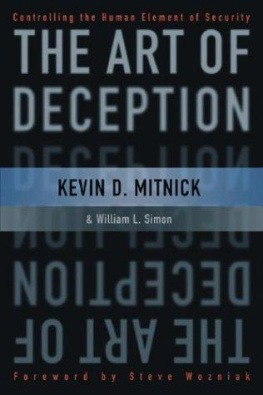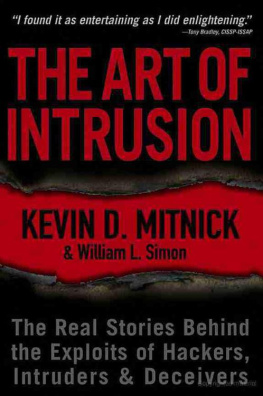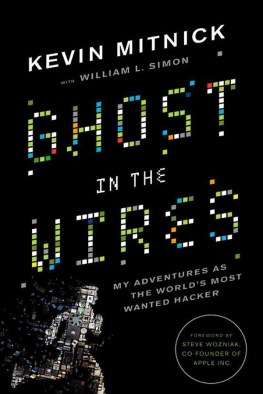Cover copyright 2017 by Hachette Book Group, Inc.
Hachette Book Group supports the right to free expression and the value of copyright. The purpose of copyright is to encourage writers and artists to produce the creative works that enrich our culture.
The scanning, uploading, and distribution of this book without permission is a theft of the authors intellectual property. If you would like permission to use material from the book (other than for review purposes), please contact permissions@hbgusa.com. Thank you for your support of the authors rights.
Little, Brown and Company is a division of Hachette Book Group, Inc. The Little, Brown name and logo are trademarks of Hachette Book Group, Inc.
The publisher is not responsible for websites (or their content) that are not owned by the publisher.
The Hachette Speakers Bureau provides a wide range of authors for speaking events. To find out more, go to hachettespeakersbureau.com or call (866) 376-6591.
A couple of months ago , I met up with an old friend who I hadnt seen since high school. We went for a cup of coffee to catch up on what each of us had been doing for the past decades. He told me about his work of distributing and supporting various types of modern medical devices, and I explained how Ive spent the last twenty-five years working with Internet security and privacy. My friend let out a chuckle when I mentioned online privacy. That sounds all fine and dandy, he said, but Im not really worried. After all, Im not a criminal, and Im not doing anything bad. I dont care if somebody looks at what Im doing online.
Listening to my old friend, and his explanation on why privacy does not matter to him, I was saddened. I was saddened because Ive heard these arguments before, many times. I hear them from people who think they have nothing to hide. I hear them from people who think only criminals need to protect themselves. I hear them from people who think only terrorists use encryption. I hear them from people who think we dont need to protect our rights. But we do need to protect our rights. And privacy does not just affect our rights, it is a human right. In fact, privacy is recognized as a fundamental human right in the 1948 United Nations Universal Declaration of Human Rights.
If our privacy needed protection in 1948, it surely needs it much more today. After all, we are the first generation in human history that can be monitored at such a precise level. We can be monitored digitally throughout our lives. Almost all of our communications can be seen one way or another. We even carry small tracking devices on us all the timewe just dont call them tracking devices, we call them smartphones.
Online monitoring can see what books we buy and what news articles we readeven which parts of the articles are most interesting to us. It can see where we travel and who we travel with. And online monitoring knows if you are sick, or sad, or horny. Much of the monitoring that is done today compiles this data to make money. Companies that offer free services somehow convert those free services into billions of dollars of revenuenicely illustrating just how valuable it is to profile Internet users in mass scale. However, theres also more targeted monitoring: the kind of monitoring done by government agencies, domestic or foreign.
Digital communication has made it possible for governments to do bulk surveillance. But it has also enabled us to protect ourselves better. We can protect ourselves with tools like encryption, by storing our data in safe ways, and by following basic principles of operations security (OPSEC). We just need a guide on how to do it right.
Well, the guide you need is right here in your hands. Im really happy Kevin took the time to write down his knowledge on the art of invisibility. After all, he knows a thing or two about staying invisible. This is a great resource. Read it and use the knowledge to your advantage. Protect yourself and protect your rights.
Back at the cafeteria, after I had finished coffee with my old friend, we parted ways. I wished him well, but I still sometimes think about his words: I dont care if somebody looks at what Im doing online. You might not have anything to hide, my friend. But you have everything to protect.
Mikko Hypponen is the chief research officer of F-Secure. Hes the only living person who has spoken at both DEF CON and TED conferences.
Almost two years to the day after Edward Joseph Snowden, a contractor for Booz Allen Hamilton, first disclosed his cache of secret material taken from the National Security Agency (NSA), HBO comedian John Oliver went to Times Square in New York City to survey people at random for a segment of his show on privacy and surveillance. His questions were clear. Who is Edward Snowden? What did he do?
In the interview clips Oliver aired, no one seemed to know. Even when people said they recalled the name, they couldnt say exactly what Snowden had done (or why). After becoming a contractor for the NSA, Edward Snowden copied thousands of top secret and classified documents that he subsequently gave to reporters so they could make them public around the world. Oliver could have ended his shows segment about surveillance on a depressing noteafter years of media coverage, no one in America really seemed to care about domestic spying by the governmentbut the comedian chose another tack. He flew to Russia, where Snowden now lives in exile, for a one-on-one interview.
The first question Oliver put to Snowden in Moscow was: What did you hope to accomplish? Snowden answered that he wanted to show the world what the NSA was doingcollecting data on almost everyone. When Oliver showed him the interviews from Times Square, in which one person after another professed not to know who Snowden was, his response was, Well, you cant have everyone well informed.
Why arent we more informed when it comes to the privacy issues that Snowden and others have raised? Why dont we seem to care that a government agency is wiretapping our phone calls, our e-mails, and even our text messages? Probably because the NSA, by and large, doesnt directly affect the lives of most of usat least not in a tangible way, as an intrusion that we can feel.
But as Oliver also discovered in Times Square that day, Americans do care about privacy when it hits home. In addition to asking questions about Snowden, he asked general questions about privacy. For example, when he asked how they felt about a secret (but made-up) government program that records images of naked people whenever the images are sent over the Internet, the response among New Yorkers was also universalexcept this time everyone opposed it, emphatically. One person even admitted to having recently sent such a photo.
Everyone interviewed in the Times Square segment agreed that people in the United States should be able to share anythingeven a photo of a penisprivately over the Internet. Which was Snowdens basic point.

